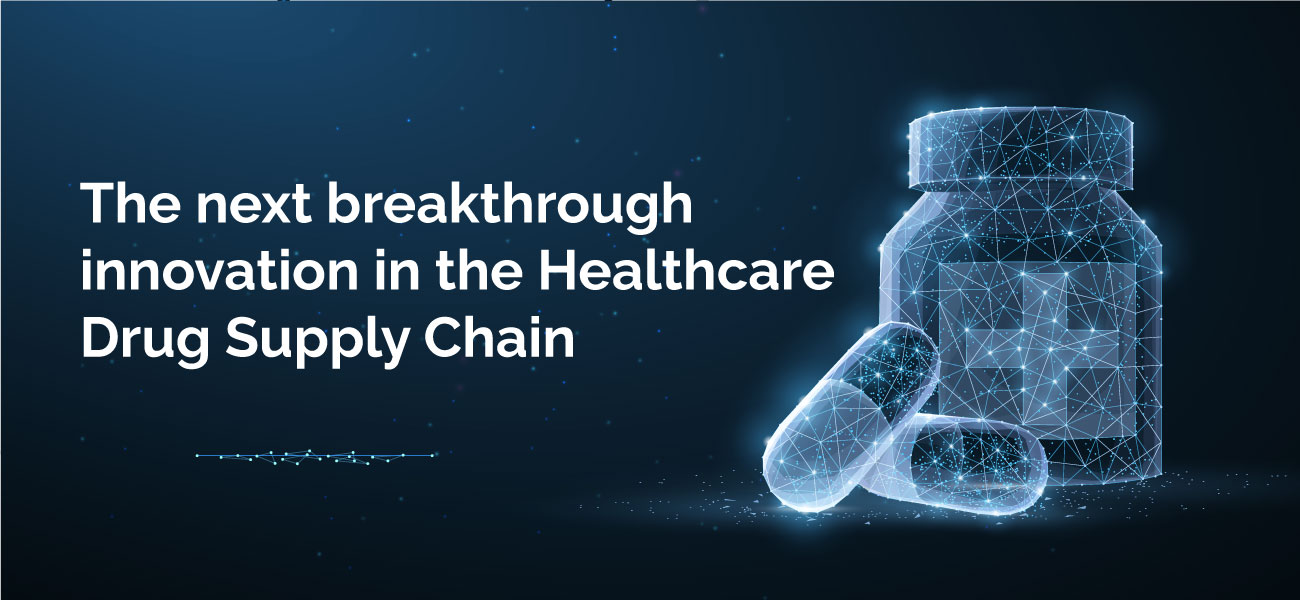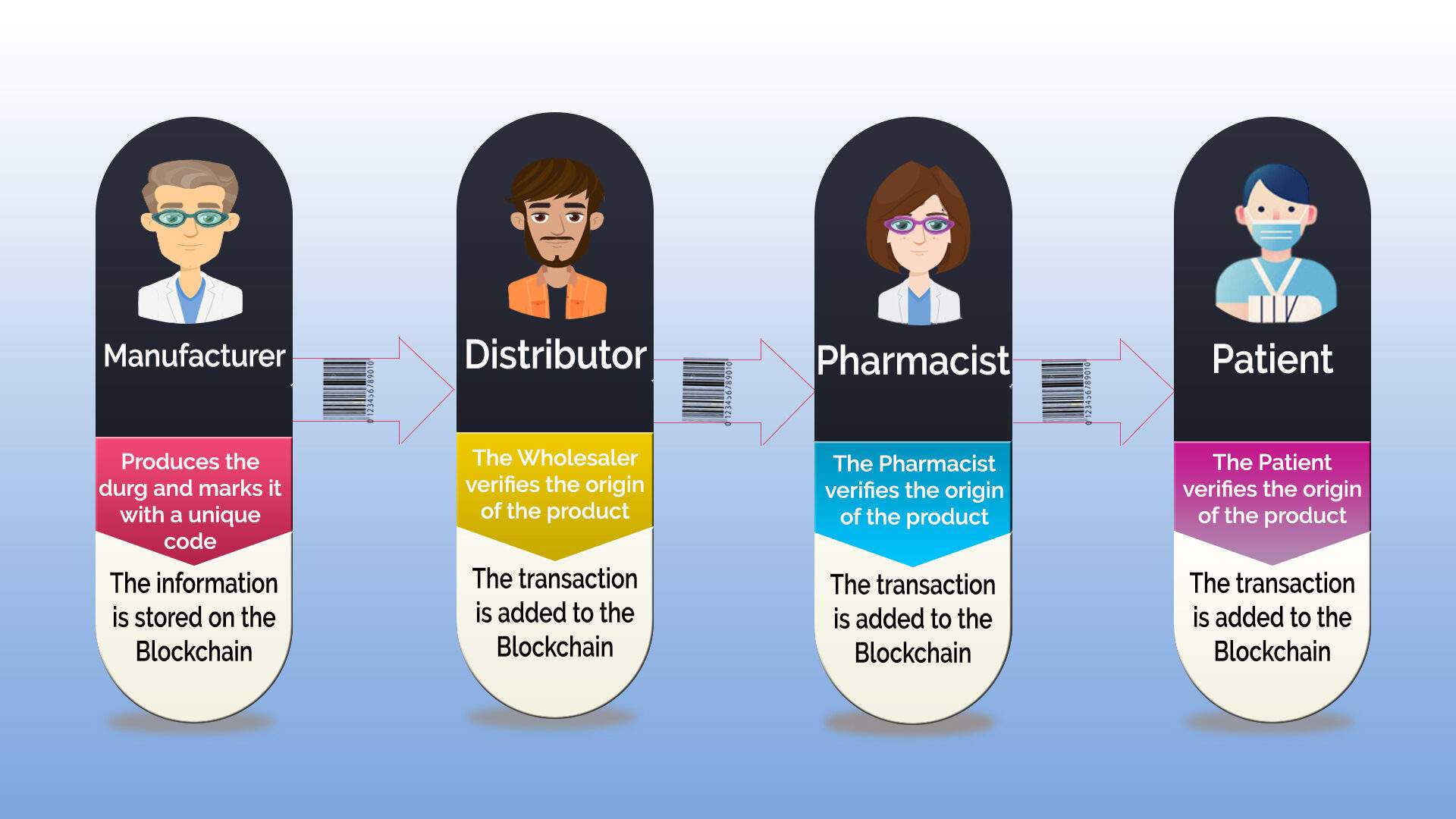
Posted on: January 19, 2021
The next breakthrough innovation in the Healthcare Drug Supply Chain
The World Health Organization estimates that one in 10 medical products — including pills, vaccines, and diagnostic kits — are substandard or falsified in low- and middle- income countries. In other regions, theft is the greater problem. BSI Group, the national standards body of the U.K., estimates pharmaceutical cargo theft at over $1 billion a year, with the U.K. and U.S. accounting for nearly half of all theft.
Pharmaceutical Counterfeiting: Endangering Public Health, Society, and the Economy. Drug counterfeiting both endangers patients and negatively impacts pharmaceutical companies by increasing costs and compromising brand integrity. Recognizing this, in November 2013, the US Congress introduced the Drug Supply Chain Security Act (DSCSA) as part of its Drug Quality and Security Act (DQSA). The act places requirements on pharmaceutical companies to address vulnerabilities in the drug supply chain and simplify tracing throughout the distribution supply chain. The DSCSA is being gradually phased-in and, by 2023, the full traceability of drugs will be required by the law.
How technology is addressing counterfeit drugs?
Today, many drug manufacturers rely on expensive and impractical technologies like RFID and EPC technologies that do not show the extent of transparency required by all stakeholders, and hence the possibility of counterfeit. To completely weed out counterfeiting, the drug supply chain should have a highly secure solution that resolves drug authenticity and Drugs Supply Chain Traceability issues.
The emergence of disruptive technologies in pharmaceutical companies will ensure the tracking and tracing of all transactions. Leveraging IDs and IoT monitoring enable all parties involved in the supply chain to communicate with one another to ensure transactions’ integrity.
Blockchain adoption in Healthcare
Adoption of blockchain in healthcare has been comparatively slow all these years, a major paradigm shift is en route. According to a report from IDC, 1 in every 5 medical and healthcare organizations will start using blockchain for information management and patient identity purposes by 2020. By 2025, 55 percent of all healthcare applications will have deployed blockchain for commercial purposes. And by the same year, the valuation of blockchain in healthcare will jump to $5.61 billion from the present $170 million, BIS Research suggests. Some pharmaceutical companies have already started adopting blockchain technology to help consumers identify the provenance of medicine like Zuellig Pharma.
Success Story
NerdPine has considerable experience and implemented a highly secure technology solution that resolves Drug Authenticity and Drugs Supply Chain Traceability using Blockchain technology for an ecommerce store with around 100,000 products sold online. OTCDeal is an Online ecommerce Store to buy over-the-counter (OTC) drugs and Personal care products.
please email us in case you are interested to hear more about us.




